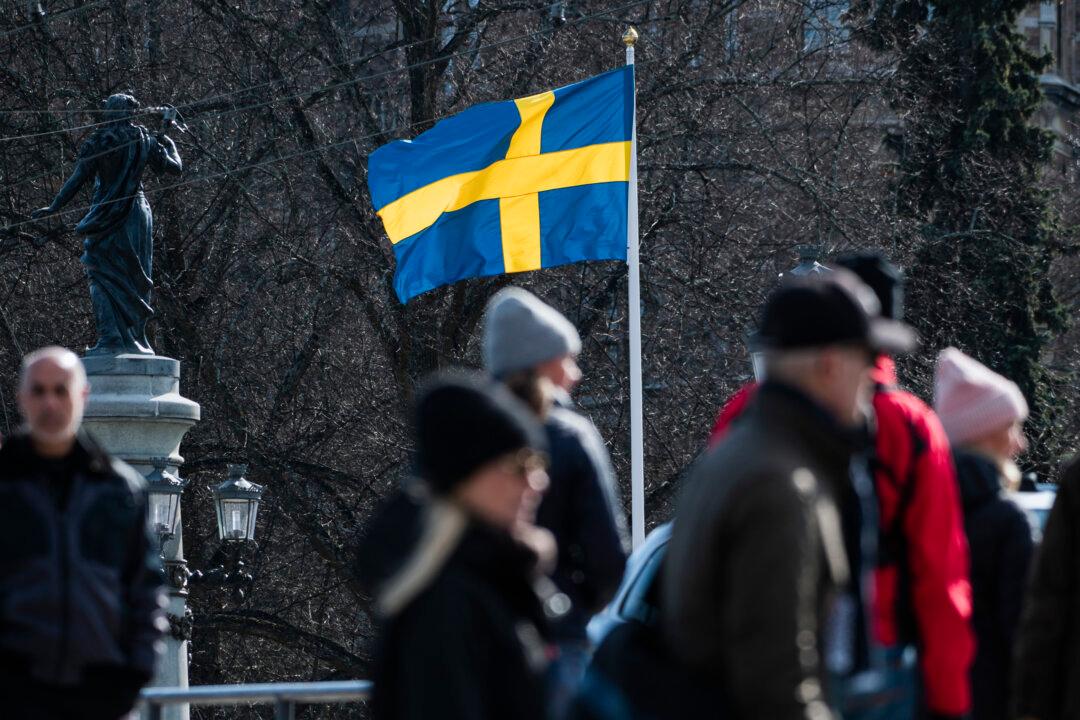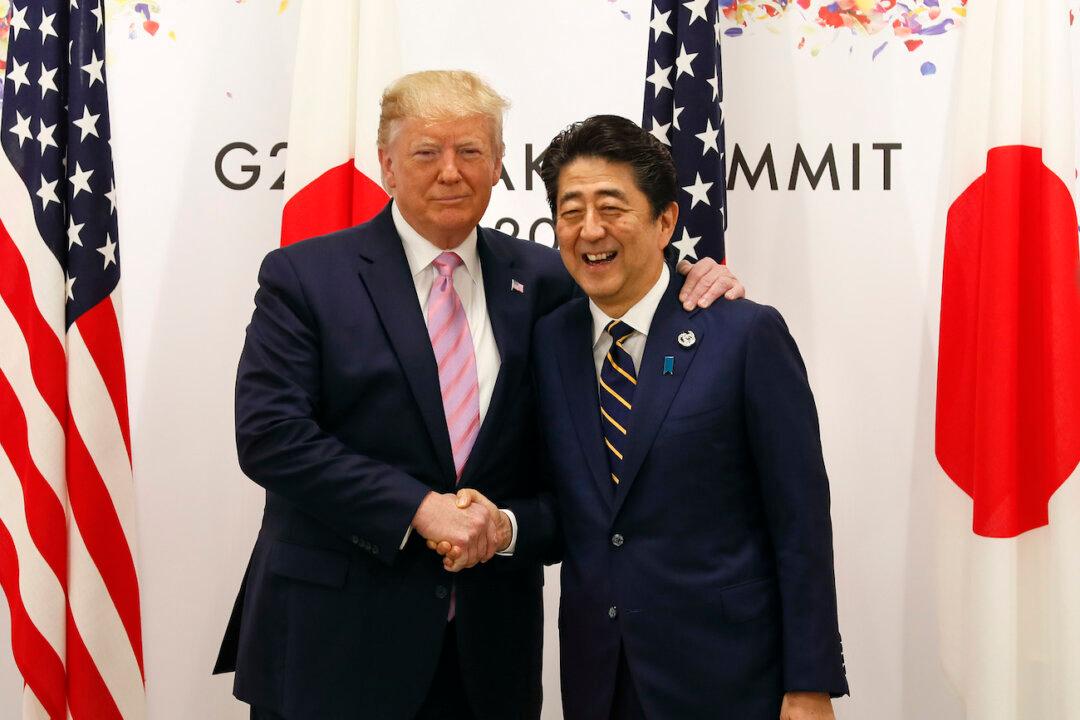This year marks the 70th anniversary of China’s diplomatic relationship with scores of countries, including Sweden. However, unlike past years, no congratulatory messages were exchanged between China and the Nordic country.
Shortly after the Chinese Communist Party took over China and established the People’s Republic of China in 1949, it was hungry for recognition in the international community. Sweden became the first Western country to enter into a diplomatic relationship with the Chinese regime on May 9, 1950.





